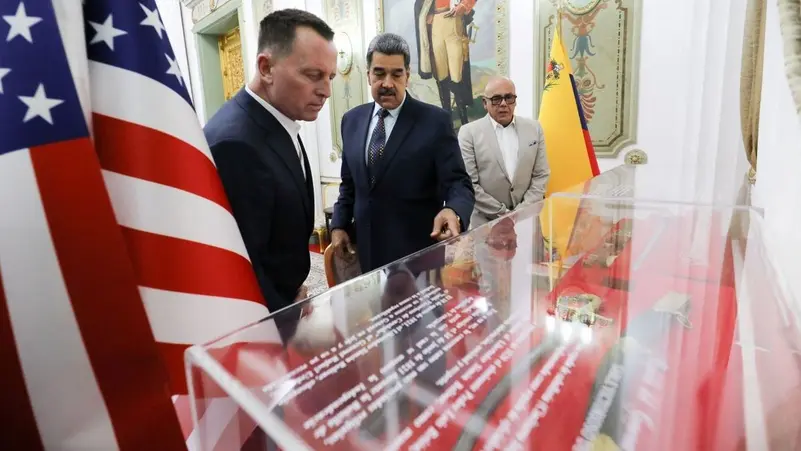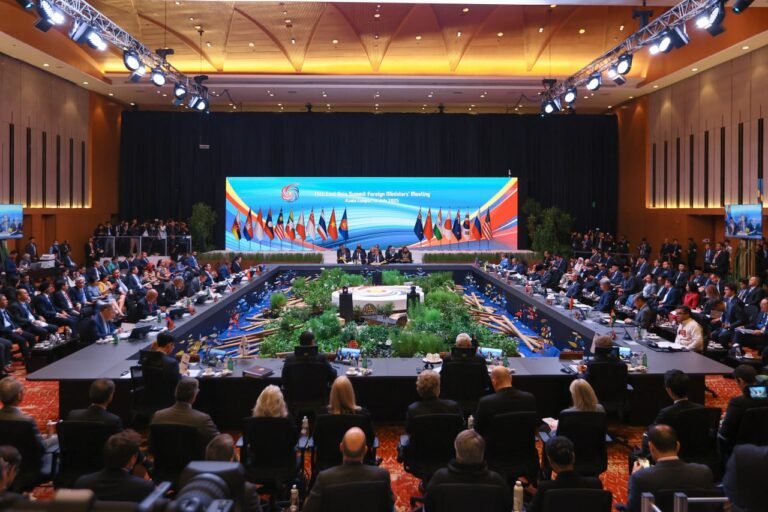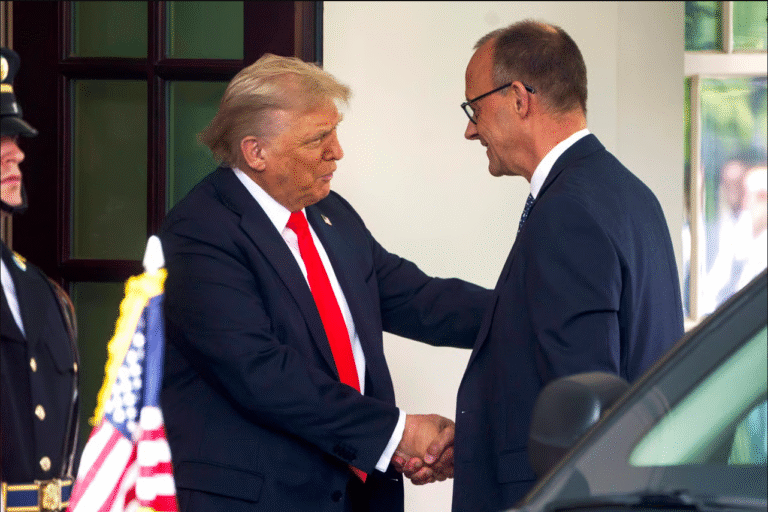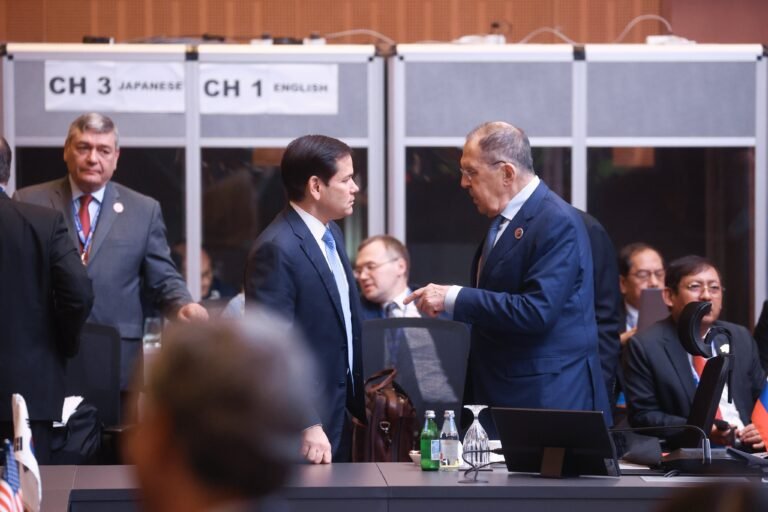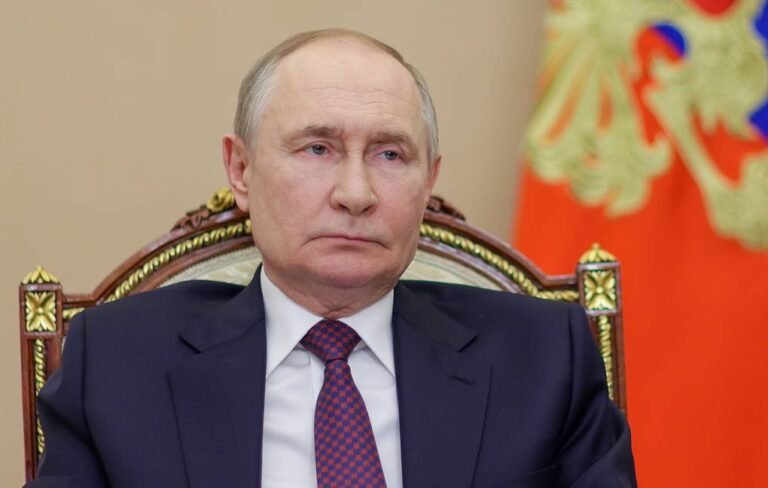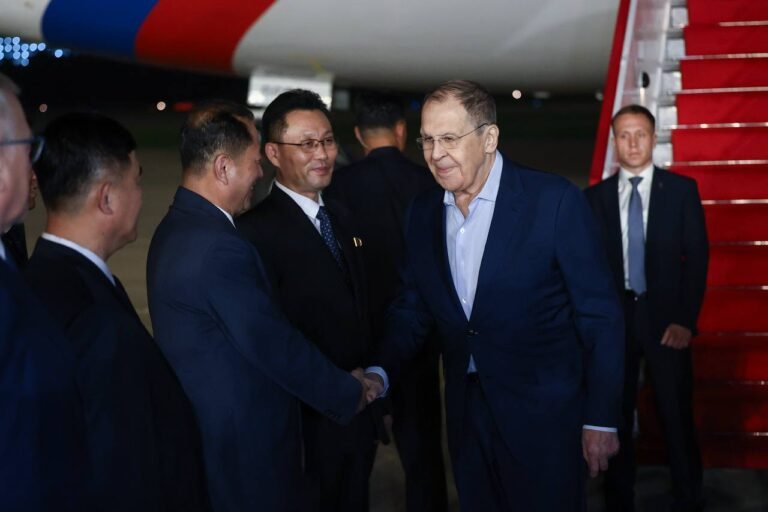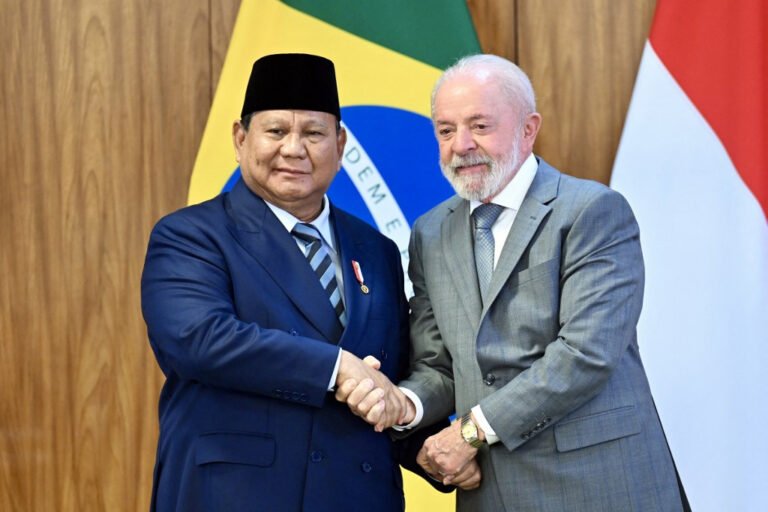US President Donald Trump’s envoy Richard Grenell and Venezuelan President Nicolas Maduro had a respectful discussion about migration, sanctions and Americans detained in the South American country, the Venezuelan government said in a statement on Friday, after the two men met in Caracas.
The meeting at the Venezuelan capital’s presidential palace comes amid a deportation and anti-gang push by the Trump administration that has ruffled feathers around Latin America.
The two countries have a fraught recent history marked by c and accusations of coup-plotting.
But they share interest in several pending bilateral issues, including a license allowing US oil major Chevron to operate in Venezuela.
“The meeting took place with mutual respect and diverse issues of interest to both countries were discussed: migration, the negative impact of economic sanctions against Venezuela, American citizens involved in crime within (Venezuelan) territory and the integrity of the Venezuelan political system,” the Venezuelan government said, adding the two men had agreed relations must turn a new page.
Grenell’s visit does not mean the United States recognizes Maduro as Venezuela’s legitimate leader, White House press secretary Karoline Leavitt said earlier on Friday. She said Grenell was focused on ensuring 400 members of the Tren de Aragua gang in US custody are returned to Venezuela and all US detainees in Venezuela are released.
Earlier, Mauricio Claver-Carone, the US special envoy for Latin America, said the Grenell-Maduro meeting was “not a negotiation in exchange for anything” and that an agreement on Tren de Aragua deportations was “non-negotiable.”
Venezuelan attorney general Tarek Saab said last week that the gang had been dismantled in Venezuela in 2023, but that it was willing to restart legal cooperation with the US in order to extradite gang members.
It is unclear exactly how many Americans are being held by Venezuela, but Venezuelan officials have spoken publicly about at least nine.
Maduro’s officials have accused most of them of terrorism and said some were high-level “mercenaries.” The Venezuelan government regularly accuses members of the opposition and foreign detainees of conspiring with the US to commit terrorism. US officials have always denied any plots.
“American hostages that are being held in Venezuela…must be released immediately,” Claver-Carone said.
In late 2023, Venezuela’s government released dozens of prisoners, including 10 Americans, after months of negotiations, while the US released a close ally of Maduro.
Sanctions, elections and migrants
The administration of former US President Joe Biden reinstated broad oil sanctions after it said Maduro failed to keep promises for a free presidential election and later increased rewards for the capture or conviction of leaders including Maduro, leaving Trump limited options for further penalties.
Maduro’s government-backed victory in the July 2024 vote is contested by the opposition, international observers and numerous countries, including the United States.
Maduro’s government has always rejected sanctions by the United States and others, saying they are illegitimate measures which amount to an “economic war” designed to cripple Venezuela.
Trump during his first term used a “maximum pressure” sanctions policy against Maduro.
The Financial Times reported on Friday that Chevron is trying to protect a special US license allowing it to operate in Venezuela.
Chevron chief executive Mike Wirth told the newspaper the company would engage with the White House, after Secretary of State Marco Rubio said the license should be reconsidered and Trump said the US would likely stop buying oil from Venezuela.
Meanwhile, Trump has kicked off a sweeping immigration crackdown, pledging mass deportations.
Some 600,000 Venezuelans in the United States were eligible for deportation reprieves granted by the Biden administration, but US Homeland Security Secretary Kristi Noem said she would cut the duration of the protections. She must decide by Saturday whether to terminate them.

